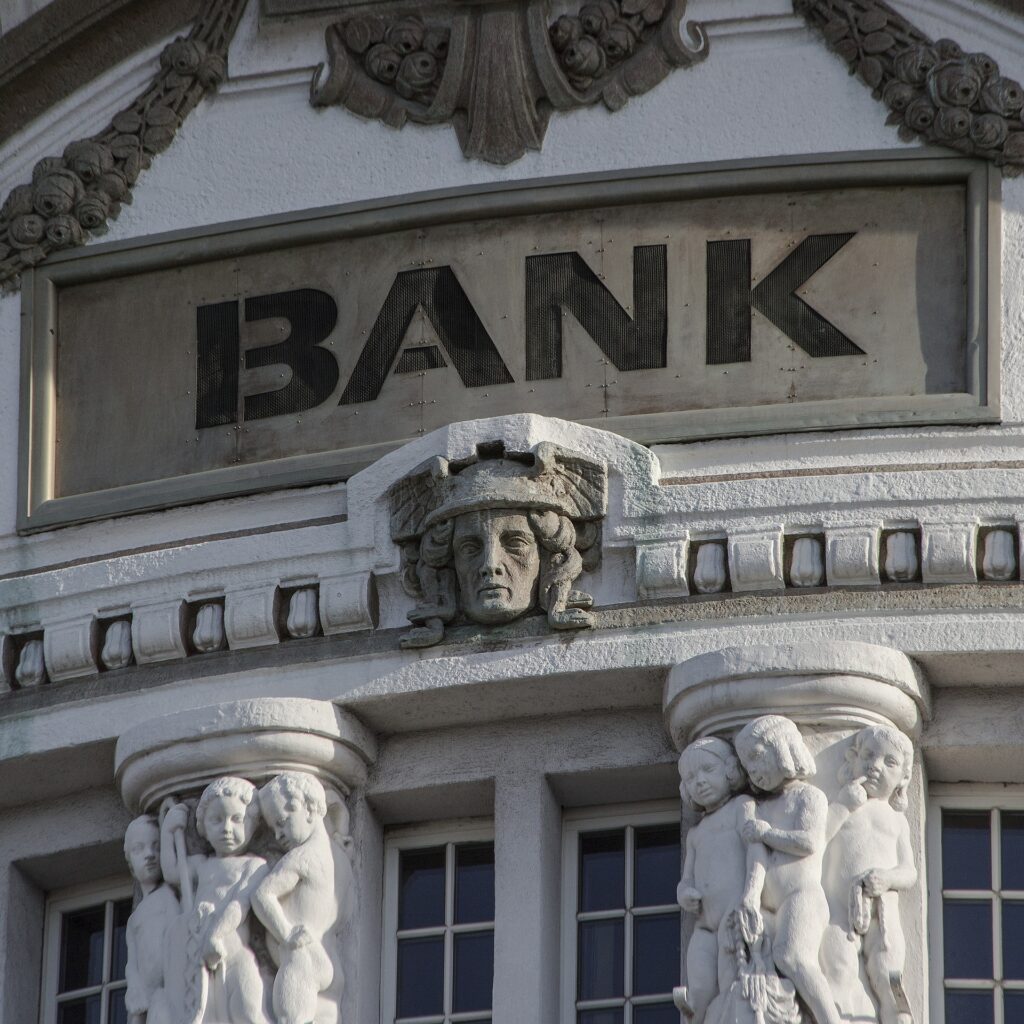Determining the “best” banks in the United States can vary depending on individual needs, preferences, and priorities. However, based on factors such as financial stability, customer satisfaction, product offerings, accessibility, and reputation, here are five prominent banks in the United States:
1. JPMorgan Chase & Co.
JPMorgan Chase is one of the largest and most well-established banks in the United States, offering a wide range of financial services to consumers, small businesses, and corporations. With a vast network of branches and ATMs across the country, Chase provides comprehensive banking solutions, including checking and savings accounts, credit cards, mortgages, and investment services.
2. Bank of America
Bank of America is another major player in the U.S. banking industry, serving millions of customers nationwide. Known for its extensive branch network and digital banking capabilities, Bank of America offers a variety of banking products and services, including checking and savings accounts, credit cards, loans, and investment management.
3. Wells Fargo & Company
Wells Fargo is a leading retail banking institution in the United States, providing a wide array of financial products and services to individuals and businesses. With a focus on customer convenience and innovation, Wells Fargo offers checking and savings accounts, mortgages, personal loans, credit cards, and wealth management solutions.
4. Citibank
Citibank, a subsidiary of Citigroup, is a global banking giant with a significant presence in the United States. Offering a diverse range of banking services, Citibank caters to both individual and corporate clients with products such as checking and savings accounts, credit cards, loans, investment services, and international banking solutions.
5. U.S. Bank
U.S. Bank is one of the largest commercial banks in the United States, serving customers across the country with a comprehensive suite of financial products and services. With a focus on innovation and customer service, U.S. Bank provides checking and savings accounts, credit cards, loans, mortgages, and wealth management solutions tailored to individual and business needs.
These banks are widely recognized for their financial stability, customer-centric approach, and extensive range of banking products and services. However, it’s essential to research and compare the specific offerings, fees, and features of each bank to determine which one aligns best with your financial goals and preferences. Additionally, consider factors such as branch locations, digital banking capabilities, customer reviews, and reputation within the industry when evaluating banks.

